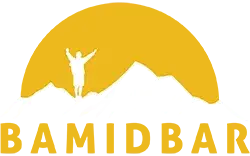By Emily Heeren
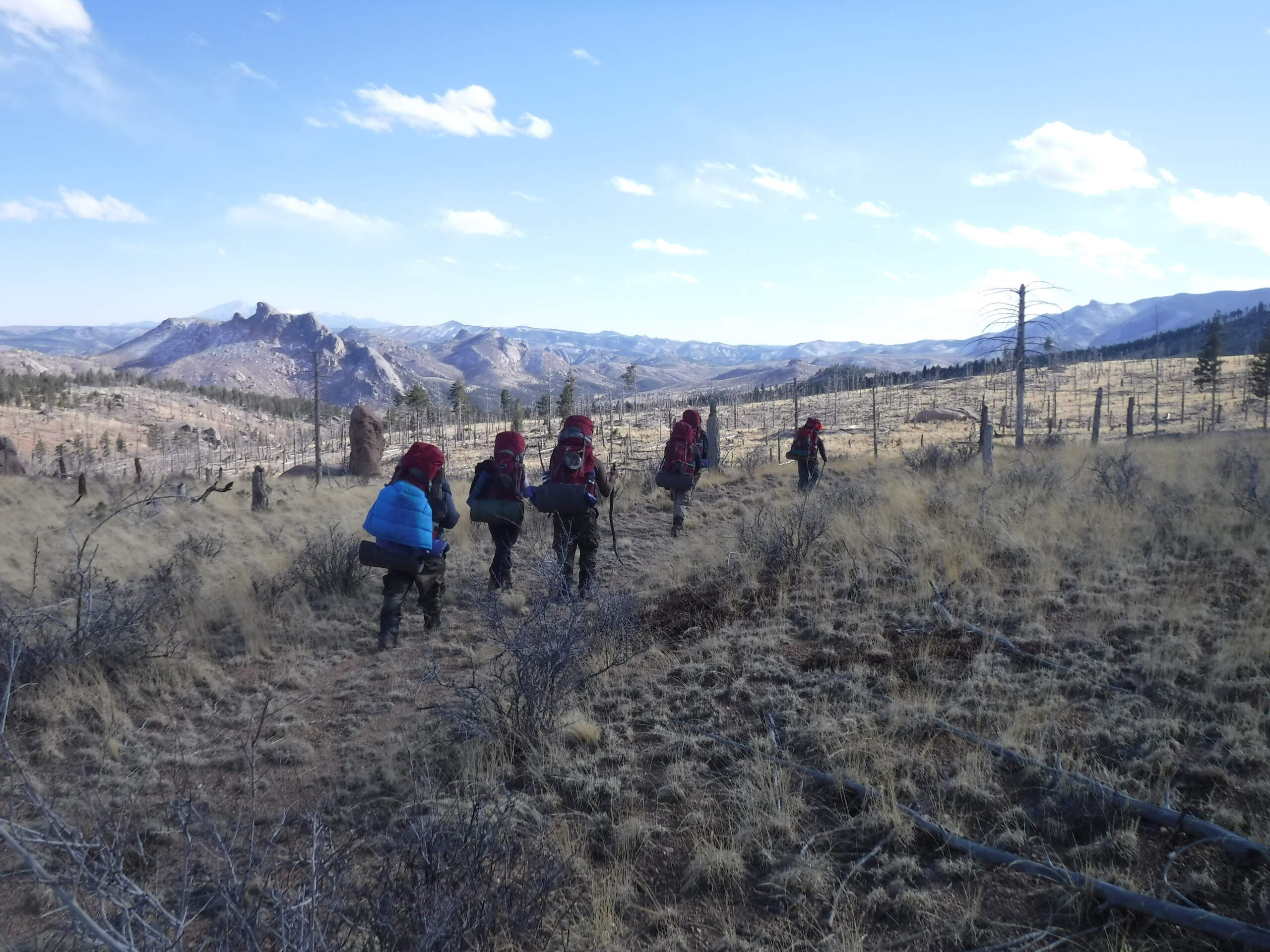
Image: Students on trail
As Admissions Director, I spend much of my time speaking with parents of prospective students. I listen to their stories, offer support, answer their questions, and do my best to discern whether or not BaMidbar may be a good fit for their child. Often towards the end of our conversations they’ll ask something along the lines of: “This sounds well and good, but does it really work?” What kind of results do you get? Essentially: Will my child be okay?
It’s a hard question. I share statistics. I connect them with parents of alumni so they can learn about someone’s personal experience. But, what I can offer them most concretely is this:
Our program is 40 days. It’s taken more than 40 days for you and your child to get to this place where you are considering wilderness therapy, and it is going to take more than 40 days to get out of it. BaMidbar is not a “fix.” What it can be is a turning point.
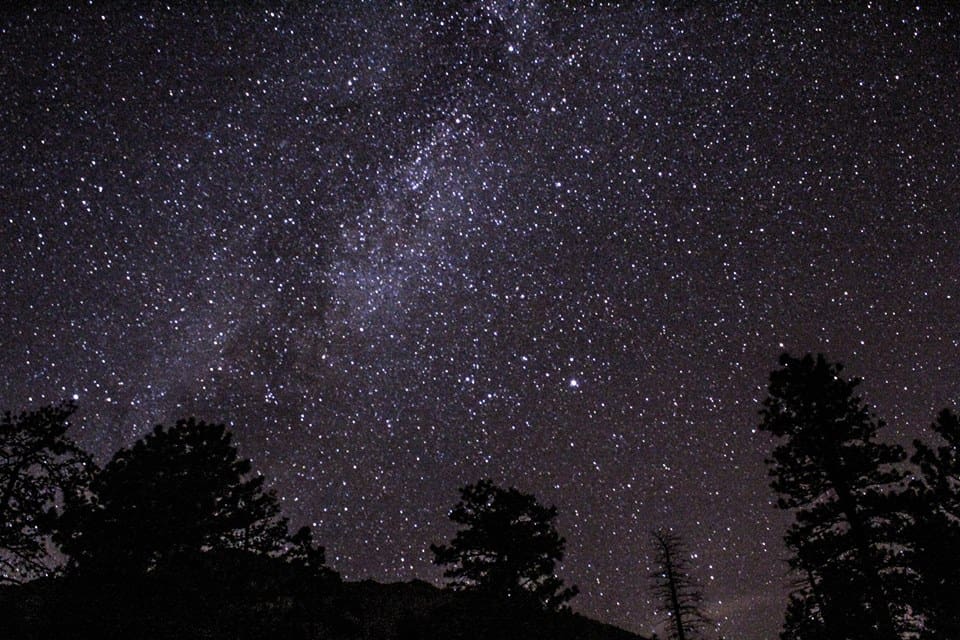
Image: A starry night
In this way, BaMidbar and Hanukkah have a lot in common. Here we sit at the darkest moment of the year, a turning point in our annual cycle. We do not always notice the days getting incrementally shorter, just as we don’t always notice when our own or a loved one’s mental health may be spiraling slowly downward. It has taken us six months to fall into this darkness, and it will take us another six months to climb back out to arrive at the height of summer. But what do we do in this moment? We do not sit in the dark and let it consume us. We come together and we bring in light. Our candles don’t brighten the sun, but they remind us that it exists and that brighter days are coming.
Rabbi Laura Geller shares a drash explaining that the miracle of Hanukkah is not that the oil lasted for eight days. Rather, what we celebrate is the fact that our ancestors took the chance to light the first wick at all. The act was a proclamation with no precedent, a statement of hope. Despite knowing that they did not have enough resources to rededicate the Temple, they started the process anyway. The true miracle here is that of the human courage that empowers us to take risks for the future, even when we’re not assured the guarantee of success.
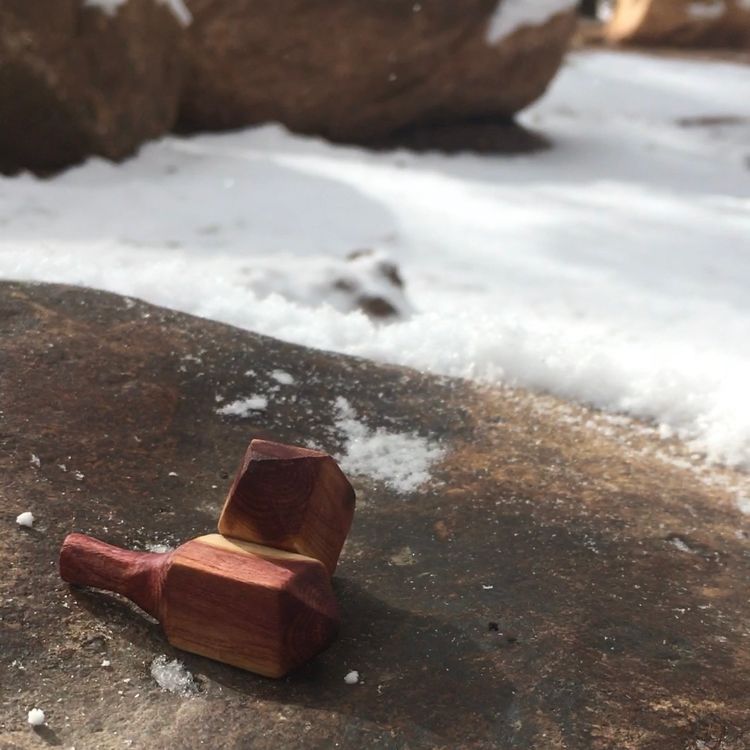
Image: Dreidels carved from juniper found on site
At BaMidbar, in the midst of our own darkness, we get to practice that courage. We follow the Maccabees example, acting without precedent to fight the expectations of what we’ve come to believe about ourselves and our world. “This amount of oil will only last for one day.” “I never finish what I start.” “I have a hard time making friends because people don’t like me.” Through outdoor adventure and internal reflection, students start to notice the discrepancy between who they thought they were, who they are, and who they have the potential to be. They build self esteem, motivation, self-awareness, and from my sideline view as a BaMidbar staff, I watch their confidence grow brighter each day like the glow of the candles we add to the Hanukkiya each night.
When Hanukkah comes to a close, the days really aren’t much longer than they were the week before, and yet we are filled with new hope. Likewise, when our students return home, though their surroundings may take on a familiar shape, they are able to move through them differently. There is no way for them (or me, or their parents) to guarantee the tools they’ve cultivated during their time at BaMidbar will last, but they have practiced implementing the courage to try.
With our students as models, may we all have the courage to continue finding light in darkness this year, even after Hanukkah comes and goes. We are at a turning point – more than one, perhaps – and the best thing we can do is remember: no matter how dark it may seem, things are lightening up. Hanukkah sameach l’kulam – wishing you a happy, healthy holiday.
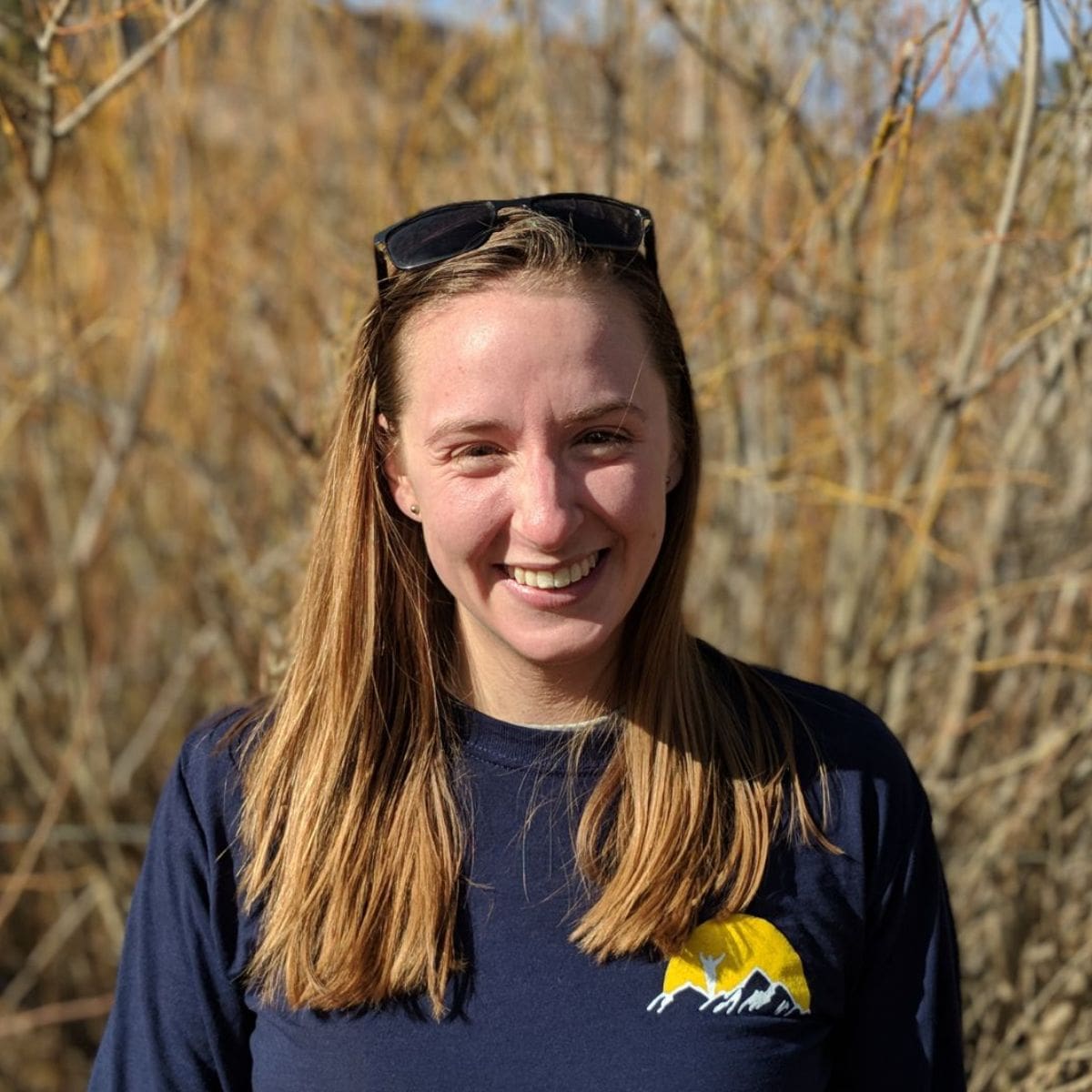
Emily Heeren,
Admissions & Outreach Director
Emily has worked with youth and young adults both in and outside of the formal classroom. With a foundation in experiential learning, Emily has applied her skills through teaching roles in high school special education, higher education, and mental health settings. Emily received her undergraduate degree from Gettysburg College and has a master’s degree in Curriculum and Teaching with a concentration in Special Education from Boston University.
